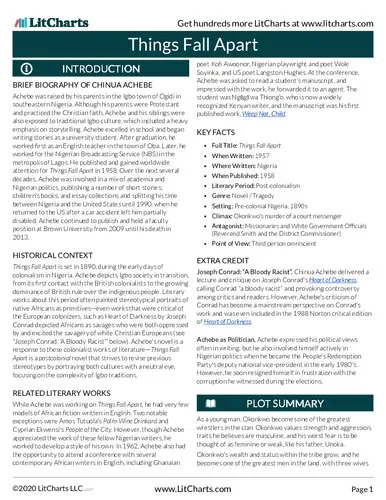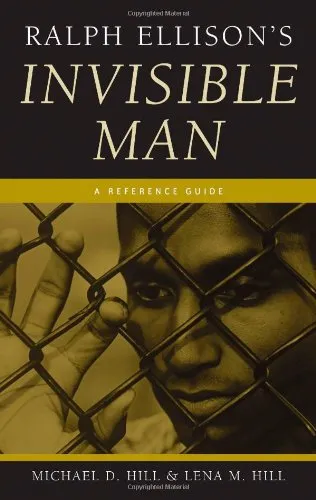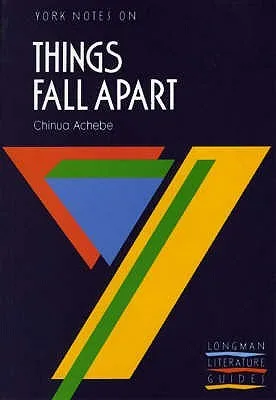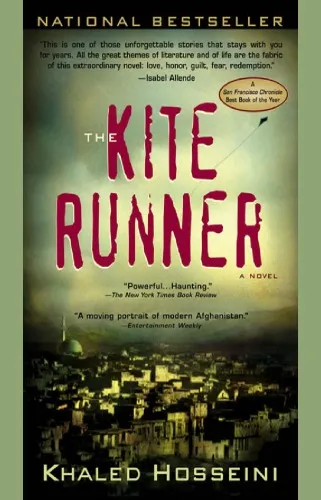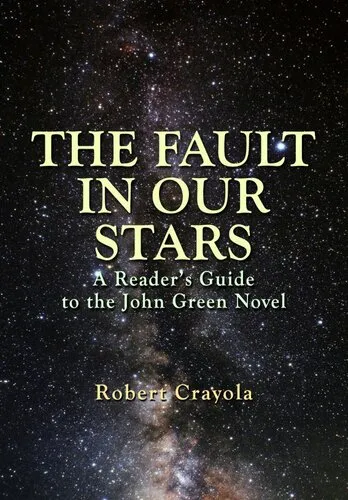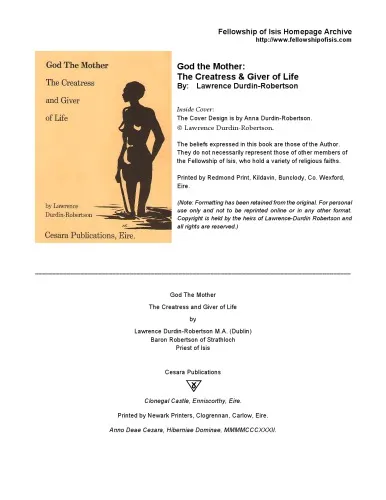Things Fall Apart — LitCharts Study Guide
4.0
Reviews from our users

You Can Ask your questions from this book's AI after Login
Each download or ask from book AI costs 2 points. To earn more free points, please visit the Points Guide Page and complete some valuable actions.Related Refrences:
Persian Summary
Welcome to the detailed study guide for Chinua Achebe's seminal novel, Things Fall Apart. This guide offers an in-depth exploration of the book's themes, characters, significance, and its timeless impact on literature and culture.
Detailed Summary of the Book
Things Fall Apart, first published in 1958, is a groundbreaking novel by Nigerian author Chinua Achebe. The story is set in pre-colonial Nigeria, focusing on the life of Okonkwo, an ambitious and influential leader in the Igbo community of Umuofia. Through Okonkwo's personal story, Achebe explores the impact of British colonialism and Christian missionary efforts on traditional African societies during the late 19th century.
The novel is divided into three parts. The first part introduces readers to Umuofia and Okonkwo, highlighting his rise as a respected warrior and farmer, and his determination to overcome the perceived failures of his father. Achebe vividly brings to life the customs and traditions of the Igbo people, painting a complex and rich community often misunderstood by colonial powers.
The second part begins with Okonkwo's exile to his mother's village after an accidental crime, setting the stage for the arrival of the Europeans. The introduction of missionaries and their efforts to convert the locals to Christianity creates tension within the community, leading to a cultural clash that challenges the very fabric of Igbo society.
In the third part, Okonkwo returns to a drastically changed Umuofia, finding his people divided and the new colonial government imposing its laws. Struggling to adapt to the changes, Okonkwo becomes disillusioned, ultimately leading to a tragic and symbolic ending that underscores the novel's themes of change, loss, and identity.
Key Takeaways
- The novel provides a nuanced portrayal of African traditional life before colonial influence.
- Achebe critiques both the impact of colonialism and the internal flaws of traditional societies.
- Key themes include cultural change, masculinity, tradition vs. modernity, and the struggle for identity.
- The story highlights the resilience of human communities despite external pressures and internal conflicts.
Famous Quotes from the Book
- "The white man is very clever. He came quietly and peaceably with his religion. We were amused at his foolishness and allowed him to stay. Now he has won our brothers, and our clan can no longer act like one."
- "He has put a knife on the things that held us together and we have fallen apart."
- "A man who makes trouble for others is also making trouble for himself."
Why This Book Matters
Things Fall Apart is not only a cornerstone of African literature; it is also a critical work that reshaped global perceptions of African culture and history. Achebe's narrative offers a powerful counterpoint to colonial literature that often depicted African societies as primitive or savage. Instead, Achebe portrays a rich cultural tapestry that was disrupted by external forces.
The novel's global relevance lies in its universal themes of change, struggle, and resilience, all of which resonate with readers regardless of cultural background. Its enduring impact continues to inspire discussions on imperialism, race, and identity, making it an essential read for understanding both historical and contemporary issues.
A timeless classic, Things Fall Apart invites readers to reflect on the complexities of cultural interactions and the profound consequences of change, making it an incomparable addition to the global literary canon.
Free Direct Download
You Can Download this book after Login
Accessing books through legal platforms and public libraries not only supports the rights of authors and publishers but also contributes to the sustainability of reading culture. Before downloading, please take a moment to consider these options.
Find this book on other platforms:
WorldCat helps you find books in libraries worldwide.
See ratings, reviews, and discussions on Goodreads.
Find and buy rare or used books on AbeBooks.
1864
بازدید4.0
امتیاز0
نظر98%
رضایتReviews:
4.0
Based on 0 users review
Questions & Answers
Ask questions about this book or help others by answering
No questions yet. Be the first to ask!
